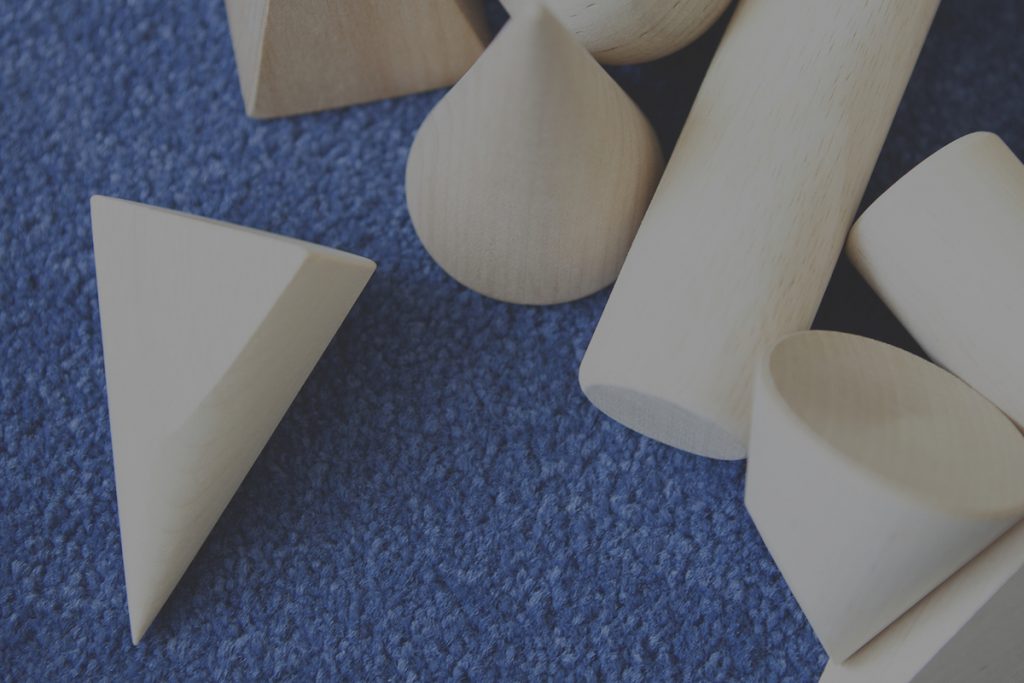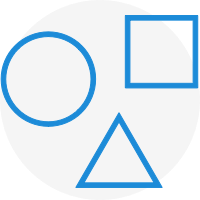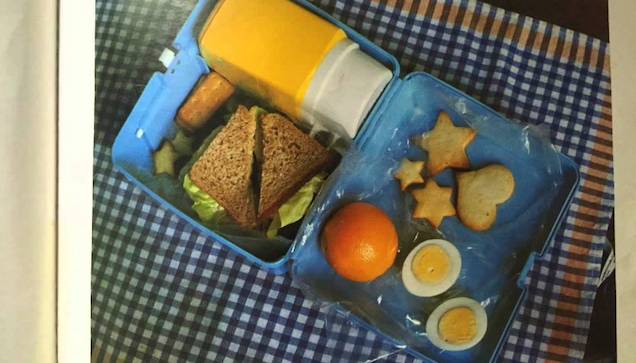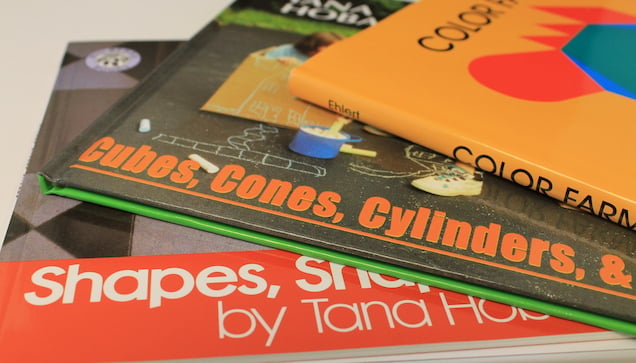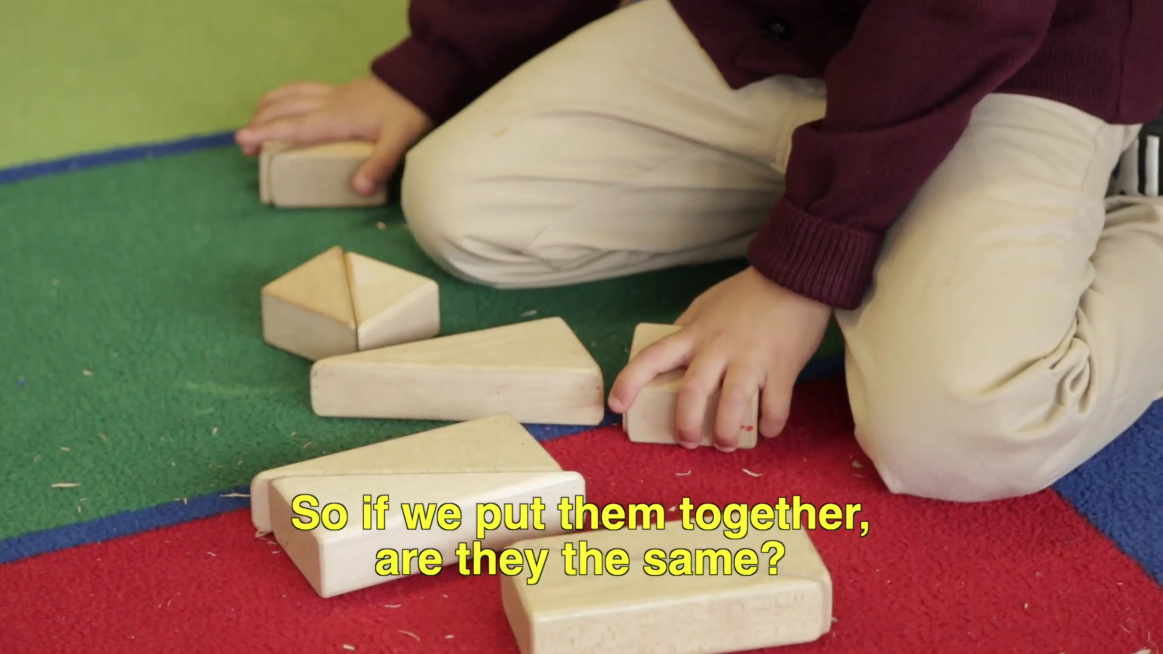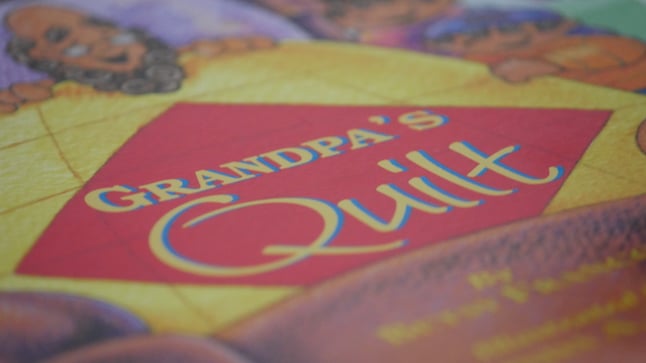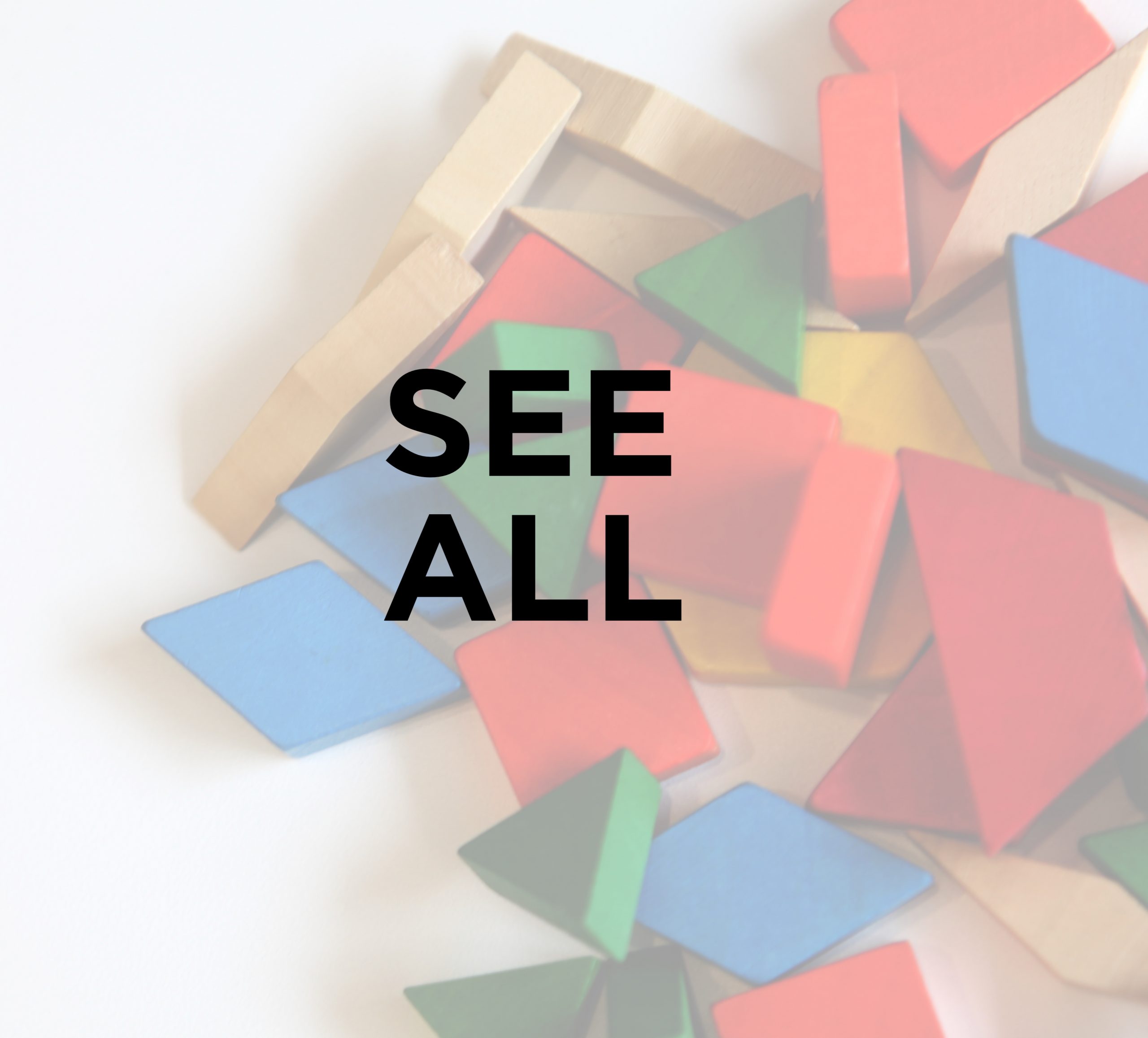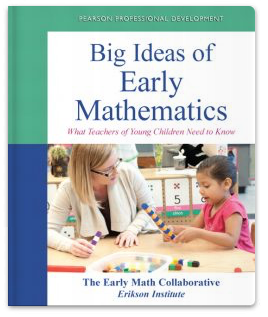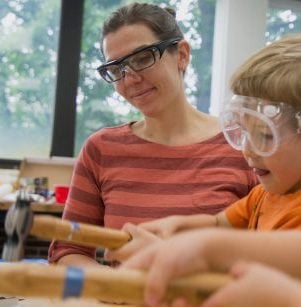Shape
Everything in the material world has shape. A deeper knowledge about how two- and three-dimensional shapes are defined and relate to one another will help educators be aware of subtle distinctions and rules. Such an understanding allows educators to notice and highlight children’s key discoveries and to guide their experiences to make this knowledge explicit for them.
Copyright: Erikson Institute’s Early Math Collaborative. Reprinted from Big Ideas of Early Mathematics: What Teachers of Young Children Need to Know (2014), Pearson Education.
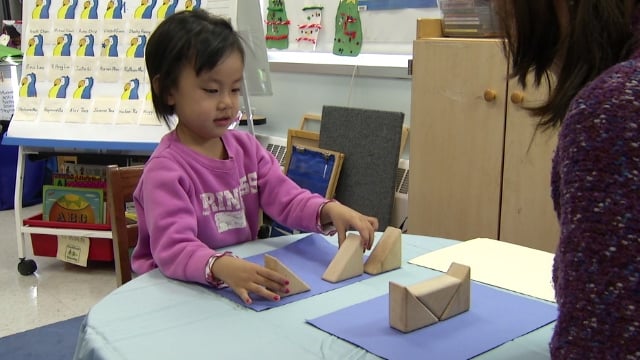
Transforming Three-Dimensional Shapes with Child 36
This child successfully attempts to match geo-solids using triangular prism-shaped blocks. Focus on the Child videos are taken from one-on-one interviews with individual children. The interviews are designed to elicit evidence of children’s mathematical thinking.
